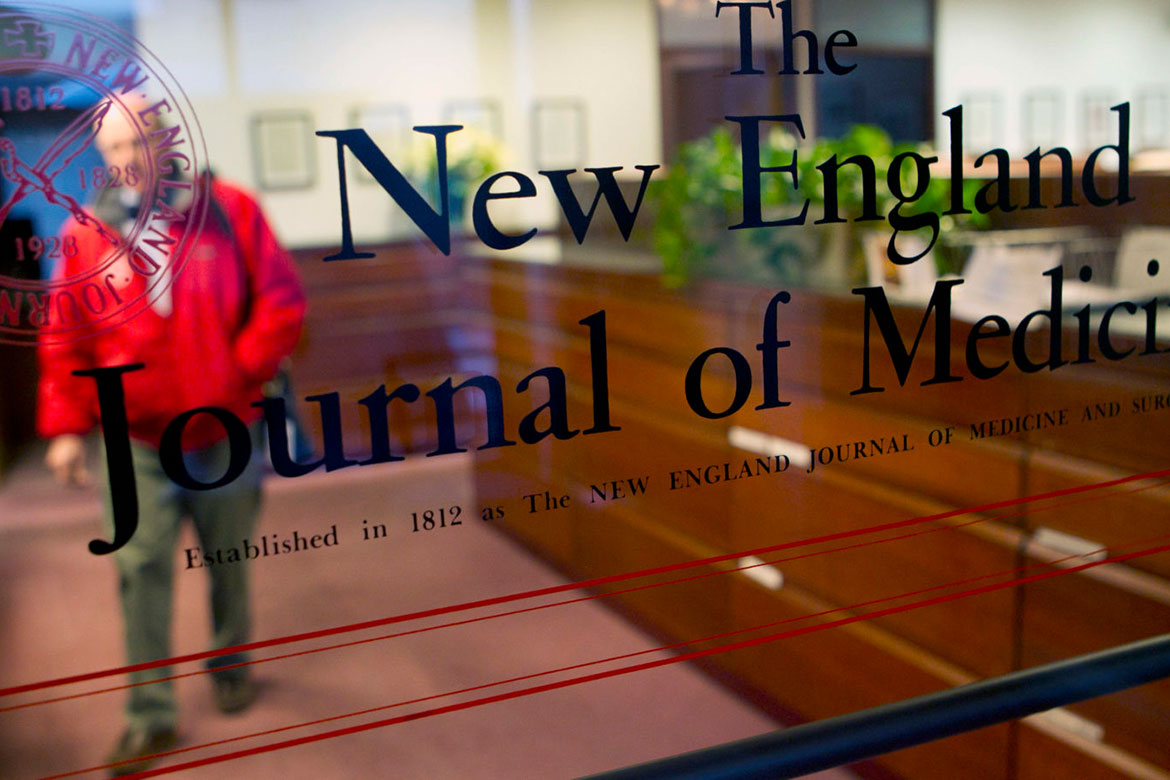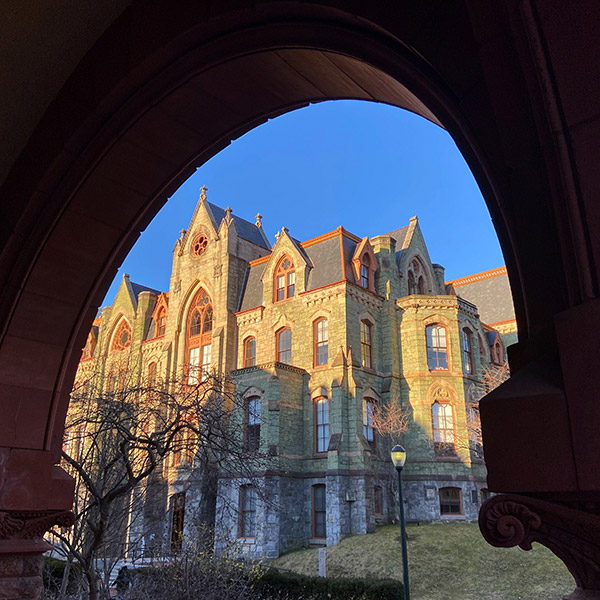Open access
The USA wants immediate open access for science papers
The US government would like to follow Plan S for quicker open access. This has triggered a debate about who should pay.

In future, even clinical studies that are funded by the state will have to be made available immediately on open access. Image: Michael Dwyer/AP
The results of taxpayer-funded research in the USA should no longer be hidden behind the paywalls of scientific publishers, but ought to be accessible to everyone, immediately, and free of charge. The Covid-19 pandemic has demonstrated the importance of the open-access principle, as publications relevant to the pandemic have often been made freely available on a voluntary basis. The US government would like this to happen soon in all other fields too – without waiting 12 months before the paywalls descend, as has been the case up to now. Funding agencies financed by the US government have until the end of 2024 to develop plans to make this happen.
Europe’s ‘Plan S’ has already ensured immediate, free access to scholarly papers since 2021, and the Swiss National Science Foundation joined it in June 2022. It remains to be seen how research-funding bodies in the USA will plan for this. Either publishers will have to grant free access (the ‘golden road’), or researchers will have to make copies of their papers immediately available in repositories (the ‘green road’ without any embargo).
Will an article cost USD 200 or 3,000?
In the USA, contracts with publishers are not negotiated on a national basis. This makes it unclear how the publication process is going to be funded. According to the online journal Inside Higher Ed, the US government wants “downward pressure on publishers to adapt their business models”. It estimates the costs to be between USD 2,000 and 3,000 per article, with publishers’ actual costs ranging from USD 200 to 1,000. But these figures are considered unrealistic by the publishers themselves.
Researchers will presumably have to start adding these additional publication costs to their funding applications. Roger Schonfeld works for the academic consultancy Ithaka, and he expressed his reservations in conversation with Inside Higher Ed: “Some scientists may be happy to do that. Others will ask, ‘If I can get USD one million from a grant maker, do I use USD 100,000 [of that sum] to pay for another postdoc or to pay for open-access publishing charges?’ A lot of researchers would prefer to have that postdoc”.




